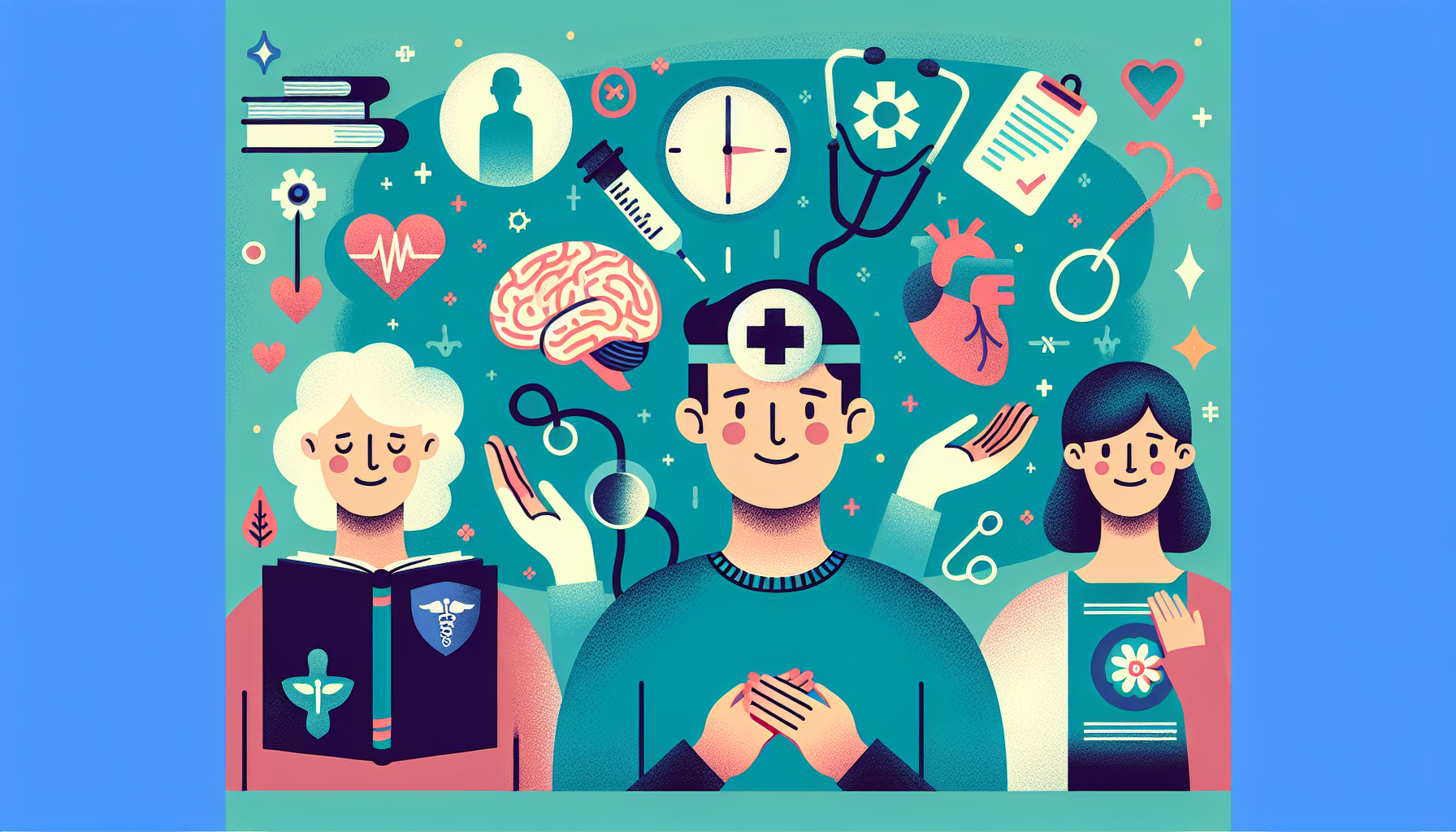Huntington's disease (HD) is a hereditary disorder that causes nerve cells in the brain to break down over time. This leads to a gradual decline in physical and mental abilities. Although there is no cure for Huntington's disease, there are ways to manage symptoms and maintain quality of life.
Symptoms of Huntington's Disease
Symptoms of Huntington's disease usually appear between the ages of 30 and 50, but they can begin at any time from childhood to advanced age. The disease progresses in stages, with symptoms worsening over time.
Early Stage Symptoms
Trouble learning new things
Difficulty making decisions
Memory lapses
Mood swings
Clumsiness
Slow or abnormal eye movements
Muscle problems (dystonia)
Trouble sleeping (insomnia)
Loss of energy and fatigue
Middle Stage Symptoms
Uncontrolled twitching movements (chorea)
Trouble walking
Confusion
Memory loss
Personality changes
Speech changes
Decline in thinking abilities
Swallowing problems
Breathing problems
Thoughts of death, dying, or suicide
Weight loss
Development of obsessive-compulsive disorder (OCD), bipolar disorder, or mania
Late Stage Symptoms
In the late stages of Huntington's disease, individuals require full-time care. Walking and speaking become impossible, but awareness of loved ones may still be present. Fidgety movements may become severe or subside.
Juvenile Huntington's Disease Symptoms
When Huntington's disease begins in childhood or adolescence, it is called juvenile Huntington's disease. Symptoms may progress more quickly and include:
Diagnosing Huntington's Disease
A diagnosis of Huntington's disease is based on family history, physical exam, and neurological tests. A neurologist may assess reflexes, muscle strength, balance, sense of touch, vision, hearing, mood, mental status, memory, reasoning, thinking skills, and speech.
Treatment and Home Remedies for Huntington's Disease
While there is no cure for Huntington's disease, treatment focuses on managing symptoms and maintaining quality of life. This may include:
Medications to control fidgety movements, mood disorders, and obsessive-compulsive disorder
Speech or language therapy for speech and swallowing problems
Occupational or physical therapy to help with movement control
Assistive devices such as handrails
Nutritional support, including special utensils and nutrient-dense foods
Exercise to maintain fitness and well-being
Psychotherapy to manage emotional and cognitive changes
Family members can help by making home modifications, such as adding wheelchair ramps, safety bars, and voice-controlled devices. Maintaining a regular routine, limiting distractions, and keeping life as calm and low-stress as possible can also be beneficial.
Causes of Huntington's Disease
Huntington's disease is caused by an abnormal copy of the HD gene, which is passed from parent to child. If one parent has the abnormal gene, each child has a 50% chance of inheriting it. The disease does not skip generations, and both men and women are equally likely to inherit the gene.
The HD gene contains a section of DNA called CAG repeats. In people with Huntington's disease, this section is abnormally long. A phenomenon called "anticipation" can occur in Huntington's disease, where the number of CAG repeats tends to increase when passed from one generation to the next. This means that children may develop symptoms at an earlier age than their affected parent, and the disease may be more severe. This anticipation effect is particularly pronounced when the gene is inherited from the father.
If you have a family history of Huntington's disease and are considering genetic testing, it is recommended to seek professional genetic counseling first. Counselors can help explain what to expect from the test results and provide support throughout the process.
While there is currently no cure for Huntington's disease, researchers are working to better understand the disease and develop new treatments. The discovery of the HD gene in 1993 has opened up new avenues for research and brings hope for future advancements in care.
For more information and support, visit the Huntington's Disease Society of America and the National Institute of Neurological Disorders and Stroke.



